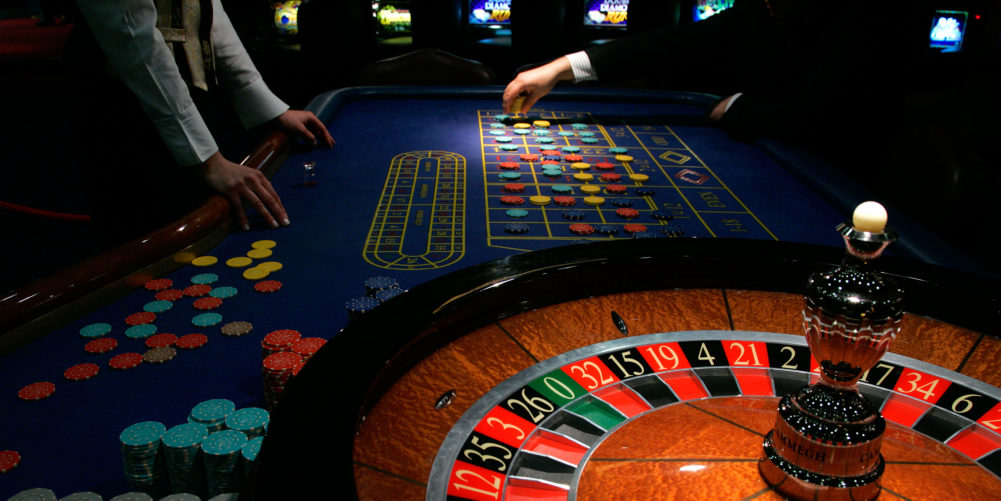Casinos have a rich and varied history that spans centuries and continents. Originally conceived as spaces for social gathering and entertainment, their evolution has mirrored societal changes, technological advancements, and shifts in cultural norms. This article explores the fascinating journey of slot bet 200 from their ancient origins to the modern-day digital platforms.
Ancient Beginnings
The concept of gambling can be traced back to ancient civilizations. Evidence of gambling activities can be found in artifacts from ancient China, where dice made of bones have been dated as far back as 3,000 BC. Similarly, the Romans had their own forms of gambling, often linked to gladiatorial games and other public spectacles. These early forms of gambling were typically social events, with little regulation or oversight.
The Birth of Modern Casinos
The first true casino is believed to have been established in Venice, Italy, in 1638. Known as the “Ridotto,” this establishment was designed to provide a regulated environment for gambling, complete with games like baccarat and faro. It set a precedent for future casinos, blending entertainment with the allure of chance.
In the 18th century, casinos began to proliferate across Europe. The popularity of games like roulette and blackjack soared, attracting nobility and the wealthy elite. France became a hub for gambling, with elegant casinos such as the Casino de Monte-Carlo opening their doors, becoming symbols of luxury and sophistication.
The American Casino Boom
The 19th century saw a significant shift in the casino landscape, particularly in the United States. The legalization of gambling in various states led to the establishment of iconic venues like the Casino at the Hotel Monte Carlo in New York and, later, the glitzy casinos of Las Vegas. The 1931 legalization of gambling in Nevada marked a turning point, transforming Las Vegas into the gambling capital of the world.
The mid-20th century witnessed a casino renaissance. The lavish resorts of Las Vegas, featuring extravagant shows, fine dining, and luxurious accommodations, attracted millions of visitors. Casinos became not just places to gamble but comprehensive entertainment complexes, providing a wide range of experiences.
The Digital Revolution
The advent of the internet in the late 20th century brought about another seismic shift in the casino industry. The first online casino was launched in 1994, and since then, the popularity of virtual gambling has exploded. Online casinos offer a vast array of games, from classic table games to innovative slots, all accessible from the comfort of home.
Mobile gaming has further revolutionized the industry, allowing players to gamble on smartphones and tablets. This accessibility has attracted a younger demographic, changing the face of gambling culture. The rise of live dealer games, which combine the convenience of online play with the authenticity of a real casino environment, has also enhanced the online gambling experience.
The Future of Casinos
As we look to the future, casinos are likely to continue evolving in response to changing technologies and consumer preferences. Virtual reality (VR) and augmented reality (AR) technologies are on the horizon, promising to create immersive gaming experiences that blur the lines between the digital and physical worlds.
Regulatory challenges remain, particularly concerning responsible gambling practices and the protection of vulnerable players. The industry must balance innovation with ethical considerations to ensure a sustainable future.
Conclusion
From ancient temples to cutting-edge virtual platforms, casinos have come a long way. Their evolution reflects broader societal changes and technological advancements, making them a fascinating subject of study. As the industry adapts to new trends and technologies, it will undoubtedly continue to capture the imagination of players around the world, ensuring that the thrill of chance remains a central part of the human experience.



